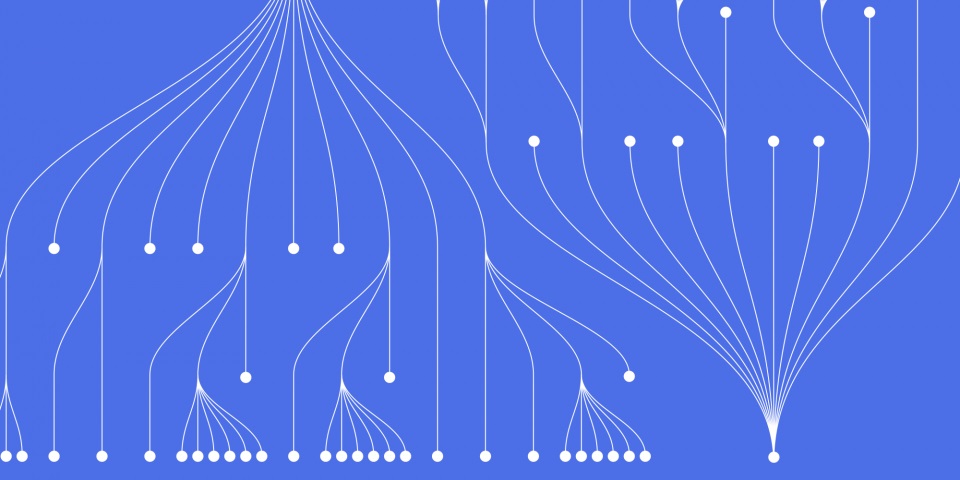
4 August 2021
Where would we be without microservices? In today’s world, organisations need to quickly build and scale a whole range of applications – and microservices architecture makes this possible. It lets organisations break down tasks into manageable chunks that can be worked on independently by separate teams of developers. This modular approach gives more control and allows for faster deployment and better scalability.
It also gives the teams more autonomy. Each microservice has its own encapsulated process and can be coded by the most appropriate language for the task (popular ones are Java, Python, C# and Kotlin). This focussed approach can lead to robust, resilient and more easily maintained applications. Individual services can be connected to other services as required, and communicate with one another through APIs.
Containerized Applications
While not being 100% essential, containers are a great way to develop and deploy microservice applications. They’re ideally suited really, and provide a lightweight and efficient way for applications to move between environments and run independently. Apart from the shared operating system on the server, containers let you package up everything that’s needed to run the application (code, runtime, systems tools, system libraries and settings). This help to ensure the application runs consistently and reliably, no matter what computing environment it’s in.
Because of these factors, containers are extremely portable and easy to replicate. To scale up, you just add more of them to your infrastructure. Deployment can be on different systems and clouds (along as they use the same OS) which gives flexibility. Using existing hardware can also save infrastructure costs. In addition, by letting you deploy and run applications without requiring a separate VM for each app, containerization can improve operational efficiency. It uses fewer resources (memory, storage and CPU) than traditional virtualization, saving operational costs as well.
Managing Microservices with Kubernetes
Microservices can however be difficult to set up, and require significant architectural knowledge and infrastructure experience. They can also be hard to run in terms of load balancing, resource allocation and traffic management. This is where Kubernetes (K8s) fits in. It’s a container orchestration system that dynamically allocates computing resources to fill demand. By letting you share resources across multiple processes, you can increase infrastructure utilization and avoid paying for computer resources you’re not using. K8s can also make the transition to microservices much easier.
Kubernetes is an open-source system that builds on 15 years of Google’s experience in running production workloads and managing containerized applications. It has been designed with ‘planet scale’ in mind – using the same principles that allows Google to run billions of containers a week. It’s also very flexible and runs anywhere – public cloud infrastructure, on-premises or hybrid.
On a practical level, Kubernetes lets you solve operational uncertainties such as:
Microservices, Kubernetes and JBI Training
Using Kubernetes as part of your microservices operations gives many benefits, although it is a complex system to get to grips with. Transitioning to it can take time and effort – and can also be expensive if you’re buying in K8s expertise. Training is considered essential – and that’s where we fit in!
Here at JBI Training, we provide a range of cutting-edge Kubernetes and Microservices training courses including:

CONTACT
+44 (0)20 8446 7555
Copyright © 2025 JBI Training. All Rights Reserved.
JB International Training Ltd - Company Registration Number: 08458005
Registered Address: Wohl Enterprise Hub, 2B Redbourne Avenue, London, N3 2BS
Modern Slavery Statement & Corporate Policies | Terms & Conditions | Contact Us
POPULAR
AI training courses CoPilot training course
Threat modelling training course Python for data analysts training course
Power BI training course Machine Learning training course
Spring Boot Microservices training course Terraform training course